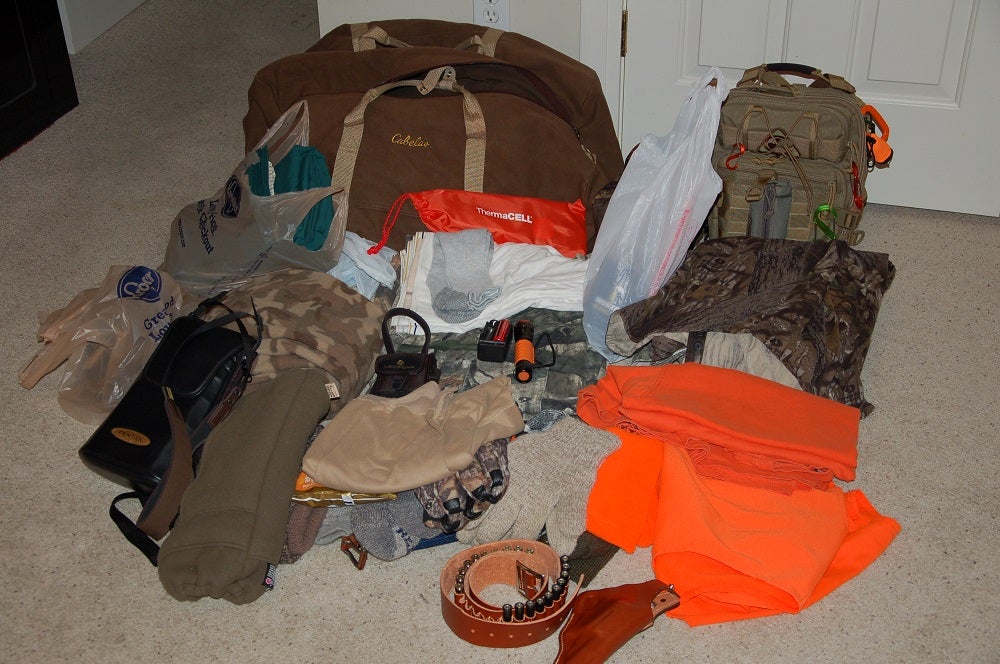How to Pack for a Bug-Out
Dr. John Woods 10.07.15

Somebody could make a mint on teaching folks how to plan for a bug out. I mean the Boy Scouts teach kids how to organize and camp out. Civic clubs teach nationalism and how to contribute to the betterment of our country. Church fosters piety and reaching out to help others. But other than reading some books on the subject, getting the prepper role organized is akin to flying by the seat of our pants.
This is why when a natural disaster hits, you see people flying down the highway with little more than the clothes on their backs. Often times they are wearing the wrong clothes for their intended destinations. They were caught totally off guard having pre-planned for nothing. At least preppers are ahead of the curve in planning and ready for the execution if required.
One of the universal strategies in planning for anything is to make lists. There are tons of reading material available on the subjects of how to prepare for a bug out. I hardily suggest all preppers obtain some of these guides. From those resources, preppers can then begin the process of organizing the priorities by creating practical checklists. These become progressive worksheets to follow toward the actual bug out process.
Generally, first on the list of supplies to pack and have ready are the essential sustainment elements. This would be a variety of water sources, food, clothing, medical supplies, and other personal care essentials. Believe it or not, contrary to many of the “prepper” guides, guns and ammo do not come first. Though important, you have to be able to hydrate and eat before being able to defend yourself, though the line between them can be razor thin at times.
This sounds simple enough except that each element of the list could have a variety of solutions. When all added up, there is the concern for the bulk and weight of all these supplies. Can you pack and carry all this stuff? And these are all elements of a bug out separate from housing, and hygiene concerns plus easily a dozen or more critical issues.
Reading, study, preparations, practice, execution, and dedication become profound descriptors for preppers. You can’t just acquire, assemble, and store all the necessary goods, but never practice dry runs. True prepping definitely becomes a lifestyle.